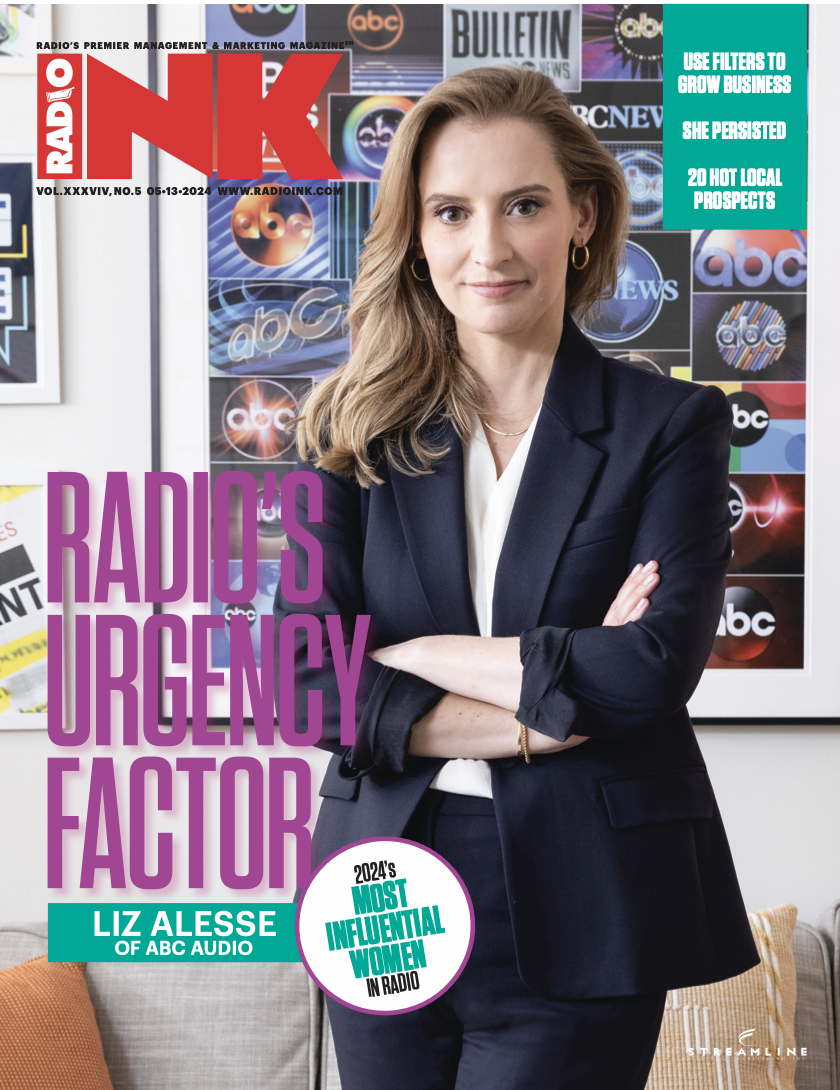
During his first State of The Industry address as CEO of the National Association of Broadcasters, CEO Curtis Legeyt implored lawmakers and regulators to modernize broadcast ownership laws to allow radio and TV stations to compete on a level playing field with digital companies.
LeGeyt quoted from a report from by Senate Commerce Chair Maria Cantwell that found that Google and Facebook control an estimated 77 percent of locally focused digital advertising. “Yet broadcasters still operate under a set of rules that pretend they only compete with one another. We are adapting our business models and our content to match today’s rapidly changing media landscape. But outdated laws force us to compete with one arm tied behind our back for advertising dollars and audience. Congress and the FCC must take a fresh look at whether these decades-old regulations are helping or impeding broadcast competition and media diversity.”
The radio industry is for from united on the ownership rule issue. Several bigger radio companies have been calling on the government to loosen up ownership regulations even more. Other broadcasters believe the deregulation from the 90’s did damage to the industry by allowing several companies to own too many stations and put out an inferior product.
The FCC is required by law to take a look at the ownership rules every four years but has not done so due to challenges being made to suggested changes which has gotten the issue tied up in court.






“The listener is (or should be) the boss.”
Common fallacy. The boss is the one who pays. That’s the advertiser. So for commercial radio, advertisers determine the format and the audience. The listener is the boss in non-commercial radio.
Does “United We Stand” still mean anything? If Radio can’t agree on what the rules should be, how can those rules get fixed ? Radio really competes for ears whether it be at home or on the road. Radio whole business model has been muddied up with the comparison to Facebook, Google, other digital platforms while kind of ignoring its positives-and building on those strengths-and how they compare to the needs of the listener. If new rules will help broadcasters increase the effectiveness of the medium-then change away. I believe that if new rules serve only the big broadcasters and their shareholders, the shrinkage of AM/FM will not only continue but it will diminish its relevance even more. The listener is (or should be) the boss. If they don’t listen-all the rules in the world won’t help.